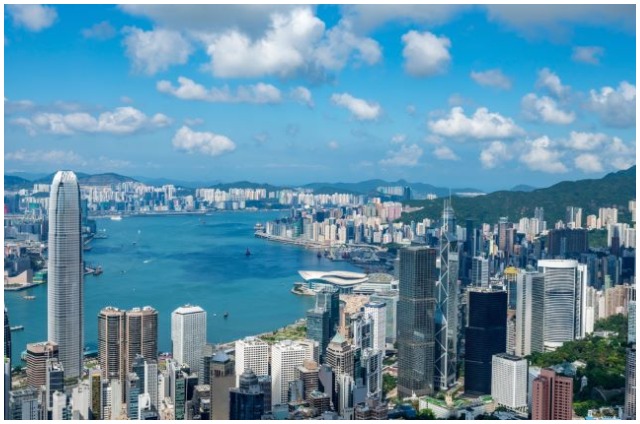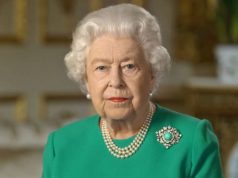Buenos Aires – Brexit looks set to unleash a new scenario in the Falkland Islands, the remote archipelago in the South Atlantic Ocean currently held by Britain that Argentina claims under the name “Malvinas.”
Falkland Islanders did not support Britain’s exit from the European Union in last June’s referendum, but they must face its consequences.
“The islanders lose the freedom to export to the European Union with no tariffs or quotas,” Argentina’s former ambassador to Britain Vicente Berasategui told dpa.
“The impact on trade could be important,” Berasategui warned, noting that Brexit would also affect the EU’s aid programmes for the development of Britain’s overseas territories.
Britain has controlled the Falklands since 1833, when it expelled Argentine officials from the islands. In 1982, it fought off an Argentinian attempt to reimpose sovereignty on the archipelago that lies about 400 kilometres east of the Argentinian mainland.
The 74-day Falklands War claimed the lives of 649 Argentinian and 255 British soldiers, as well as those of three civilian Falkland Islanders.
The European Union is the main destination for the archipelago’s exports, mostly fish, which are worth about 222 million dollars a year. An estimated 70 per cent of the Falklands’ GDP is believed to rely on access to the EU market.
British Prime Minister Theresa May has said that, although Britain is set to leave the EU, she will seek the best possible access to EU markets, although London seems unlikely to negotiate from a position of strength.
An undated picture shows a view of the Falkland Islands and a sign warning of the existence of personal landmines left over from the war between Argentina and the United Kingdom in 1982. Brexit is expected to change Britain’s economic and diplomatic relations with the world. Argentina hopes this will have a positive effect on its own claim to sovereignty over the Falklands, but the archipelago’s government is looking to increase trade with Brazil. Photo: Matias Campodonico/dpa/aa Photo: Matias Campodonico/dpa
The Falklands Islands government hopes many of those privileges will survive Brexit.
It is working with London to “ensure that the outcomes from the Brexit process protect our interests,” Falklands legislator Michael Poole says.
“Our main goal is to see continued quota-free and tariff-free trade with the EU-27 countries,” Poole told dpa, referring to the 27 EU member countries that will remain after Britain leaves.
“We do see potential opportunities for the islands in terms of the international trade agenda that the UK government will be looking at post-Brexit,” Poole said.
“Clearly there are large markets on our doorstep in South America, which we would like to trade with.
“Our focus would be Brazil as they have gaps in their production, which we believe we could play a small role in helping to fulfil, particularly in relation to meat exports.”
Poole said the Falkland Islands government aims to foster “good, neighbourly relations with all countries in the region,” and expand economic ties wherever possible.
But the issue of sovereignty could prove particularly tricky as it tries to maintain the islands’ access to European markets.
“European countries have so far backed Britain’s position [as sovereign power in the Falklands] because the islands are recognized as an overseas territory of the United Kingdom in the treaties of the European Union, but they also do not want to create problems in relations with Argentina,” Berasategui said.
Brexit could weaken European support for London’s position on the Malvinas, the Argentinian expert argued.
“They will see that they no longer need to show that level of commitment, and that will have consequences,” Berasategui said.
He admitted, however, that Britain is a powerful country whether or not it belongs to the EU.
In the aftermath of the referendum, Argentinian President Mauricio Macri stressed that, with or without Brexit, Argentina’s demands on the islands it calls the Malvinas would “never change.”
“They endure over time and we hope that some day we can sit around a table to be able to profoundly discuss the issue,” Macri said.
Relations between Buenos Aires and London have improved since the right-wing Macri took office in December 2015, succeeding centre-left nationalist Cristina Fernandez de Kirchner.
Under Macri, the two countries have made a deal to identify the remains of Argentinian soldiers who died in the 1982 war and were buried at Darwin Cemetery in the archipelago. They also held talks to restore direct flights between the islands and the Argentinian mainland.
In 2013, the Falkland Islanders held a referendum in which an overwhelming majority of the archipelago’s voters chose to remain a British overseas territory.
-dpa











